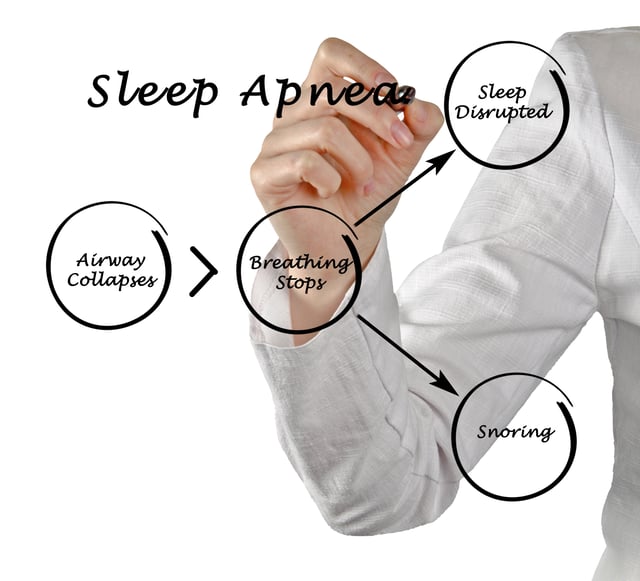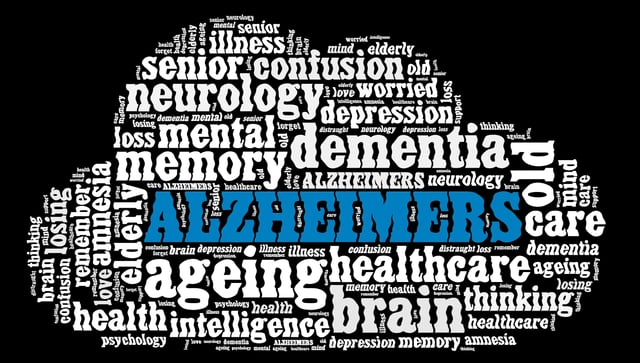Sleep Quality and Baby Boomers: Snoring and Sleep Apnea as We Age.
Theresa Shumard on Jan 11, 2016 11:55:55 PM
Hopefully, most baby boomers feel poised in their aging status and enjoy quality of life. Someone once said, “Age is a question of mind over matter. If you don’t mind, it doesn’t matter.”
Stated very simply, the demographers, sociologists and the media define baby boomers as those born between (and including) 1946 and 1964. Quality sleep for this demographic may be challenging, though, as people over the age of 40 have a higher risk factor for breathing problems during slumber.
Problems during sleep such as heavy snoring and sleep apnea impact 52 percent of men and 26 percent of women.
According to the National Sleep Foundation, as we age, there is an increased incidence of medical problems, which are often chronic. In general, people with poor health or chronic medical conditions have more sleep problems. For example, hypertension is associated with both snoring and obstructive sleep apnea (OSA) and heart failure – which affects approximately 5 million Americans – is linked with OSA.
Poor sleep quality is linked to cognitive impairment and Alzheimer’s. Breathing disorders, such as sleep apnea and heavy snoring, also put older people at higher risk for memory problems and dementia. Several studies have found treating sleep apnea helps delay memory problems.
Symptoms of Sleep Apnea
Obstructive sleep apnea (OSA) is more prevalent among older adults and among people who are significantly overweight. OSA can increase a person’s risk for high blood pressure, strokes, heart disease, cognitive problems, and a host of other maladies.
Symptoms of sleep apnea include:
- loud and chronic snoring
- choking, snorting, or gasping during sleep
- long pauses in breathing
- feeling tired all the time no matter how much time is spent in bed.
Snoring is the primary cause of sleep disruption for approximately 90 million American adults. Snoring is most typically associated with people who are overweight, and the situation often becomes worse with age. Loud snoring is especially serious as it can be a symptom of OSA and is associated with high blood pressure and other health problems.
Preventing Memory Loss
Reduced sleep quality is linked to cognitive impairment and Alzheimer’s. Breathing disorders, such as sleep apnea, also put older people at higher risk for dementia and memory problems. Several studies have found treating sleep apnea helps delay memory problems. Not all people that snore or have sleep apnea will develop memory problems or Alzheimer’s, but the potential impact on the brain by these breathing disorders during sleep should be considered.
Another point to ponder is when a person’s breathing is intermittent during sleep, the level of oxygen in the blood decreases. If there are pauses in breathing hundreds of times during the night over a period of time, major organs are oxygen deprived and may suffer.
Treating Sleep Apnea: CPAP and Oral Appliances
Sleep apnea is a chronic condition that requires long-term management. Lifestyle changes, oral appliances, and breathing devices such as continuous positive airway pressure (CPAP) can successfully treat sleep apnea in many people. Treated sleep apnea can reduce the risk of developing cognitive impairment and memory problems as people age.
CPAP uses mild air pressure through a mask and tubing to keep the airways open. A physician prescribes the appropriate pressure after sleep testing has been performed.
If you are a baby boomer and have been told you snore or stop breathing when you are asleep, it is important that you seek medical attention. It may just assist in keeping your mind sharp well into the golden years. Ask your physician if a sleep study may be right for you.
If you have any questions, or if you are concerned that you or a loved one may have sleep apnea, call our St Louis office today at (314) 842-2884, or click below for a free sleep assessment.






